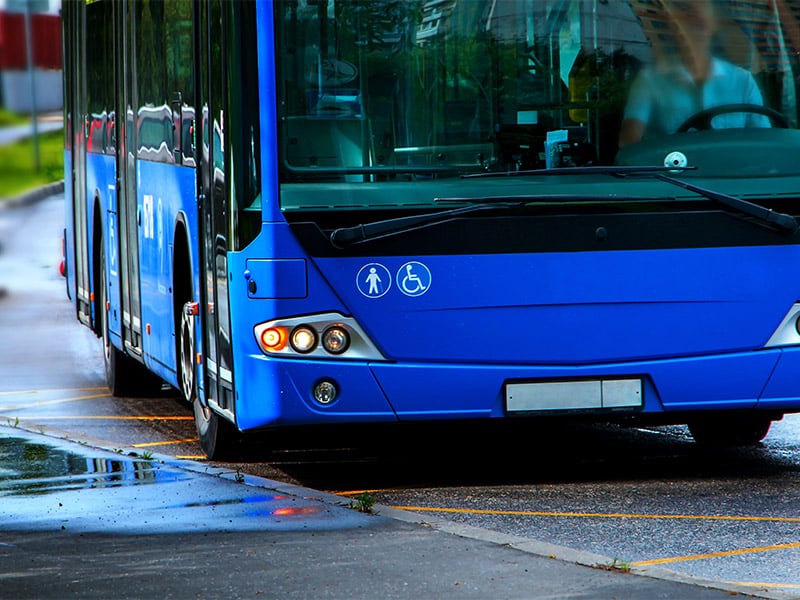Federal Transit Administration (FTA)
The Federal Transit Administration (FTA) provides financial and technical assistance to local public transit systems, including buses, subways, light rail, commuter rail, trolleys and ferries. FTA also oversees safety measures and helps develop next-generation technology research. The DOT required drug and alcohol testing program is an important part of FTA oversight.
Summary of Title 49 Part 655
For drug and alcohol testing the FTA regulation is 49 CFR Part 655. Below are the summary highlights of this regulation.
Covered employee
A person who performs a revenue vehicle operation; revenue vehicle and equipment maintenance; revenue vehicle control or dispatch (optional); Commercial Drivers License non-revenue vehicle operation; or armed security duties. Covered employees are required to participate in the drug and alcohol testing program including random testing. Failure to cooperate and be in compliance with the regulations can cause the covered employee to be removed from the covered position.
Types of tests for drugs
These are required - Pre-employment, random, reasonable suspicion, post-accident, return-to-duty, and follow-up.

Types of tests for alcohol
Pre-employment (optional); these are required - random, reasonable suspicion, post-accident, return-to-duty, and follow-up.
Definition of accident requiring testing
Any accident involving a fatality requires testing. Testing following a non-fatal accident is discretionary: If the employer can show the employee’s performance could not have contributed to the accident, no test is needed. Non-fatal accidents that may require testing must have disabling damage to any vehicle or immediate medical attention away from the scene to meet the testing threshold.
Reasonable-suspicion determination
Based on upon specific, contemporaneous, articulable observations concerning the appearance, behavior, speech, or body odors of the employee one trained supervisor or company official can make the decision for a reasonable suspicion drug test.
Pre-duty alcohol use prohibitions
The employee cannot consume alcoholic beverages for four (4) hours prior to the performance of duty.
Actions for BACs 0.02 – 0.039
A BAC re-test must be below 0.02; if the employer chooses to return the employee to covered service within 8 hours.
Summary of Title 49 Part 655
Employer must provide education with display and distribution of informational materials and a community service hot-line telephone number, if available.
One-hour of training on the effects and consequence of prohibited drug use on personal health, safety, and the work environment, and on the signs and symptoms that may indicate prohibited drug use. Distribution to each employee of the employer’s policy regarding the use of drugs and alcohol with signed receipt is mandatory.
Supervisor Training
Supervisors must receive two hours of training, one on alcohol and one on drugs. This training must assist the supervisor to make reasonable suspicion determinations impairment while on duty. The observations must be contemporaneous and specific and based on the physical, behavioral, and performance indicators of probable alcohol use.
Additional Information
Reportable employee drug and alcohol violations: No requirements to report violations to FTA.
Other: Anyone with direct or immediate supervisory authority over an employee may not collect that person’s urine, saliva, or breath.
FTA implements regulations governing substance abuse management programs, under its drug and alcohol testing regulations for transit employees. The ultimate goal of the program is to promote the riding public’s health and safety by eliminating illegal drug use and alcohol misuse by safety-sensitive employees.
National Drug Screening works with mass transit agencies both large and small for drug and alcohol testing compliance including DER and Supervisor training. Call today for nationwide and immediate service.






